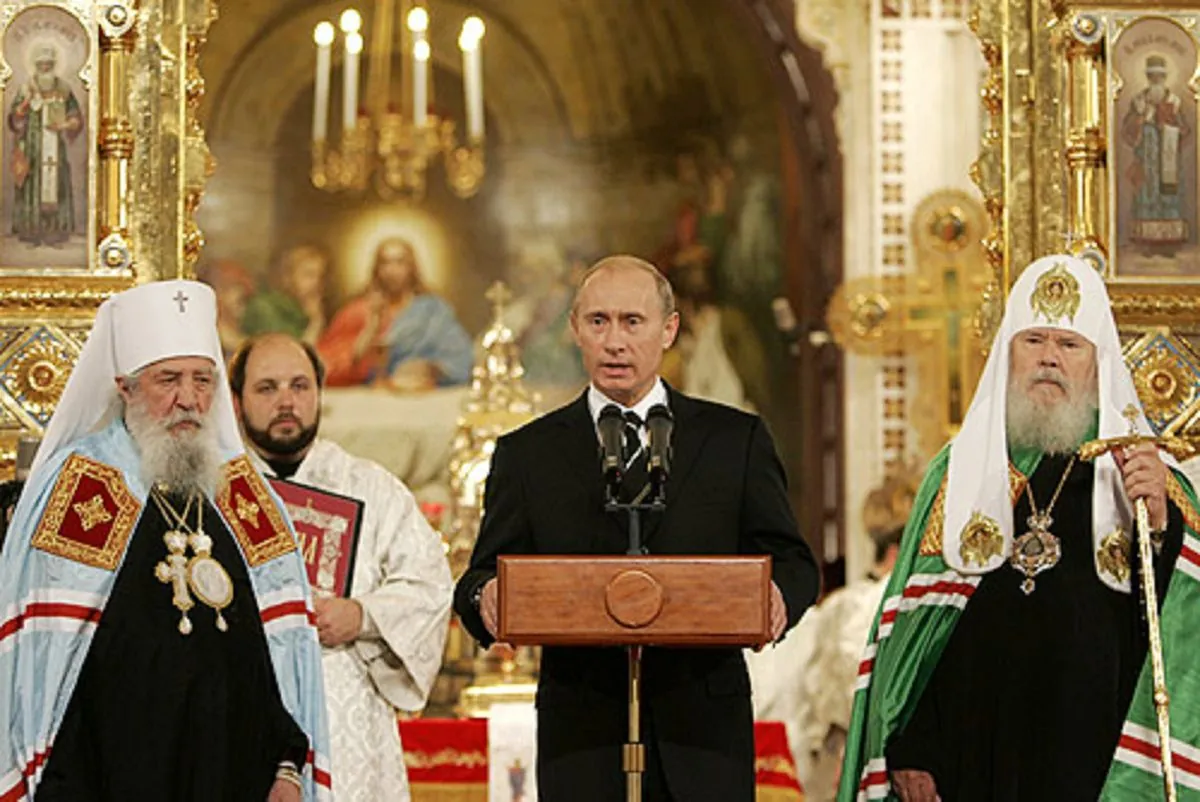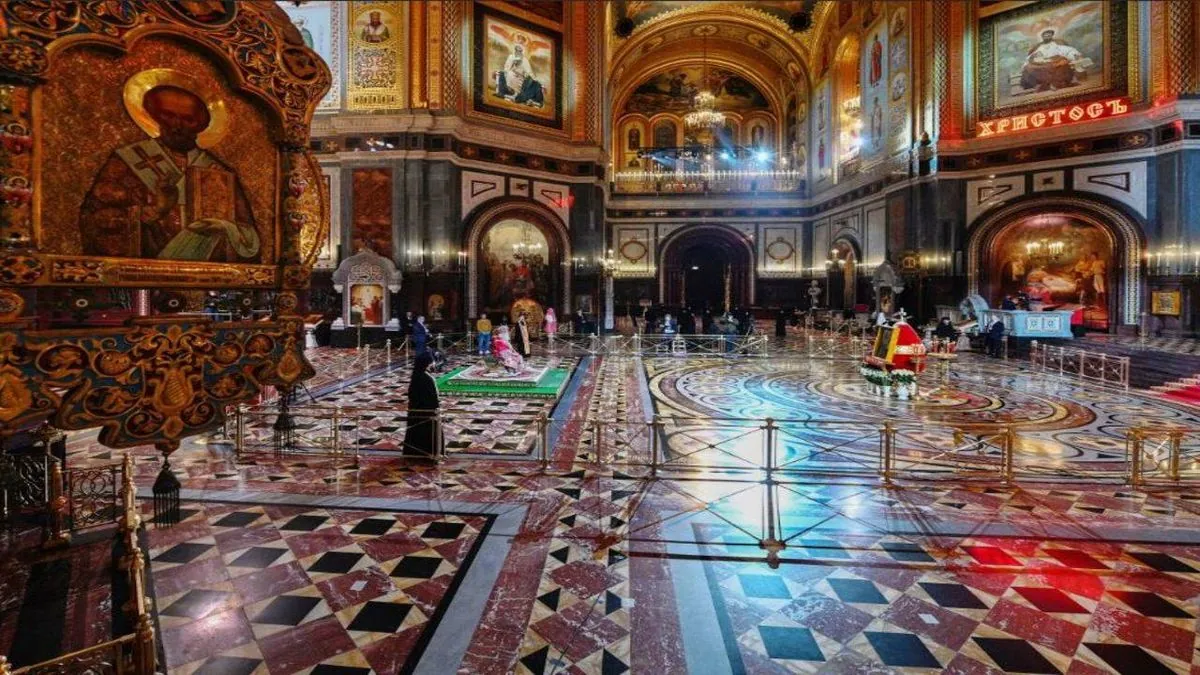Russia's Facade of Faith: Unmasking the Myth of a Conservative Utopia
Explore the stark contrast between Russia's projected image as a bastion of traditional values and its reality. Discover how Putin's regime crafts this illusion to appeal to Western conservatives.

In recent years, a persistent myth has circulated among Western right-wing populists, portraying Vladimir Putin's Russia as a stronghold of traditional values. This narrative has gained traction particularly within the MAGA movement in the United States. However, the reality of Russian society starkly contradicts this perception.
Contrary to the image of a deeply religious nation, Russia ranks among the world's least religious societies. A 2022 poll by the Levada Center revealed that only 9% of Russians attend religious services regularly. This figure pales in comparison to the United States, where nearly one-third of the population are frequent churchgoers. The contrast becomes even more apparent when considering that a mere 1% of Russians attended the most recent Christmas services.

Russia's societal statistics further debunk the myth of a conservative utopia. The country's abortion rate from 2015 to 2019 was nearly four times higher than that of the United States and more than twice that of Ukraine. Additionally, Russia holds the fourth-highest divorce rate globally, surpassing both the U.S. and Ukraine by significant margins.
The disparity between perception and reality is no accident. Putin and his propagandists have systematically crafted an image of a god-fearing Russia, particularly since the full-scale invasion of Ukraine in 2022. This effort aims to appeal to the global right and undermine support for Ukraine.
"Russia is the city on a hill to which the world's traditionalists can now flock to escape their stifling secular societies."
This propaganda strategy was evident during Putin's fifth inauguration on May 7, 2024, where he emphasized support for "centuries-old family values and traditions." The Kremlin has also announced a decree easing residency rules for refugees from countries where "traditional values" are supposedly under attack.
The Russian Orthodox Church plays a crucial role in this narrative. Despite its history of being purged and controlled by the state during the Soviet era, the church actively supports Putin's policies and the war against Ukraine. Russian Orthodox Patriarch Kirill has even likened Putin's rule to a divine right.
Ironically, Russia has constructed thousands of new churches since 1991, averaging nearly three per day. However, given the low interest in religion among Russians, these structures largely stand empty, serving as a Potemkin village of faith.
The appeal of this false image to Western conservatives bears a striking resemblance to the global allure of communism in the past. Both ideologies mask the realities of repression and inequality beneath a veneer of virtue.
As Russia continues to project this fabricated image of traditional values, it's crucial to recognize the disconnect between rhetoric and reality. The Western populist right's willingness to embrace this myth, despite evidence to the contrary, reveals more about their own political motivations than any genuine admiration for Russian society.


































